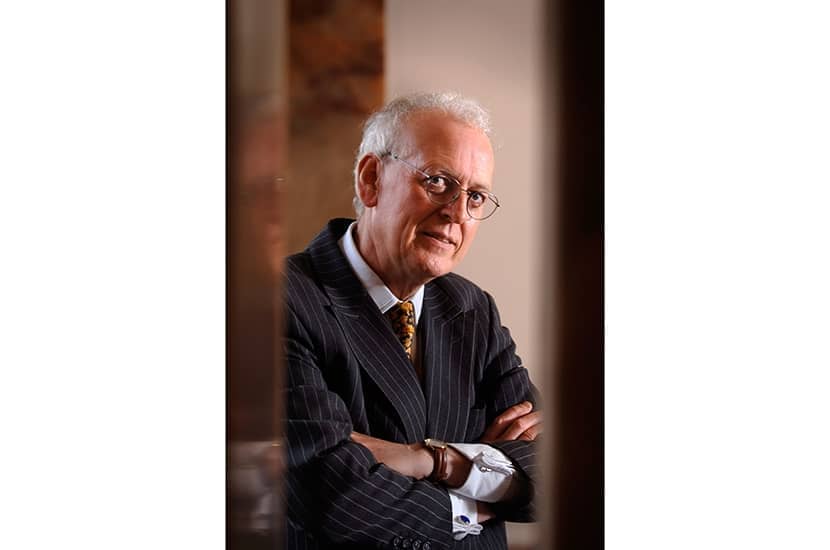Modern British history can be divided into two parts: before Covid and after. That is the central pillar of this at times arid but ultimately compelling account of British social policy since 1945. We recovered in the aftermath of the second world war. Can we do it again, post-pandemic?
Peter Hennessy, a crossbench peer, starts with the observation that government has a duty of care to the people, a conviction that emerged in the aftermath of the war and underpinned the creation of the welfare state. At the centre of it all was William Beveridge – ‘dry, prickly and difficult, but a genius when it came to the social arithmetic of welfare’. His aim was to attack the five great social evils of the time: want, disease, ignorance, idleness and squalor.
Post-war conditions were pretty tough. In 1947-8, less than half of homes had a bathroom. Even by 1951, 15 per cent of households shared a WC with the neighbours.







Comments
Join the debate for just $5 for 3 months
Be part of the conversation with other Spectator readers by getting your first three months for $5.
UNLOCK ACCESS Just $5 for 3 monthsAlready a subscriber? Log in